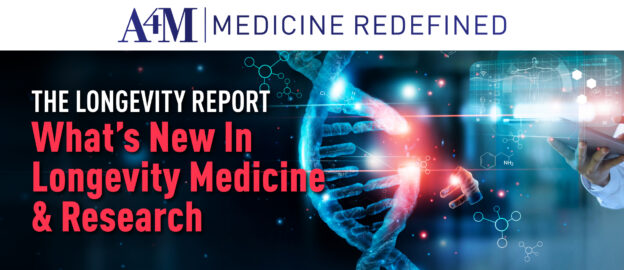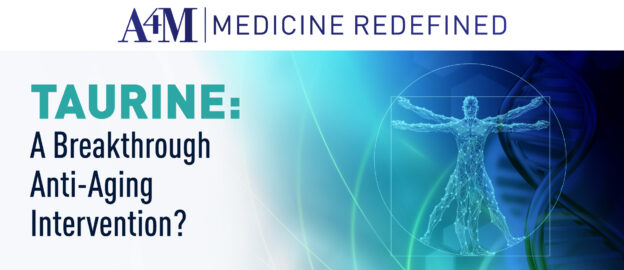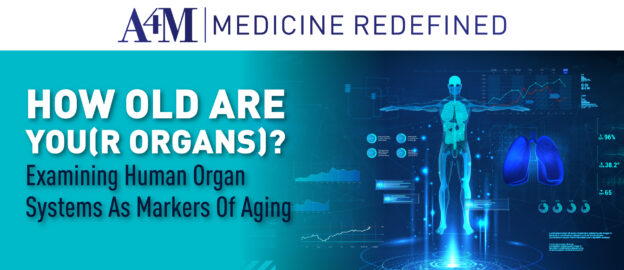(Part 1)
The pursuit of longer, healthier lifespans has catalyzed a scientific revolution, and 2023 is proving to be a landmark year for the industry. Breakthrough discoveries continue to unveil the intricate biology of aging, bringing potential intervention targets into focus. The coming decade may usher in a healthcare paradigm shift enabling longer lives with more years spent in good health.
As researchers work to advance anti-aging and longevity medicine through remarkable research insights, they pave the way for novel life- and health-span extension strategies. From cellular rejuvenation to epigenetic therapeutics, emerging discoveries bring us closer to mitigating age-related deterioration, dysfunction, and disease.
This year’s revelations constitute crucial steps on the path to human longevity. Translating the latest findings into tangible clinical approaches remains challenging, although determined specialty pioneers are tackling this goal head-on. By staying abreast of the latest advancements, including this year’s exciting findings outlined below, clinicians can equip themselves to provide patients with cutting-edge, longevity-enhancing care.



